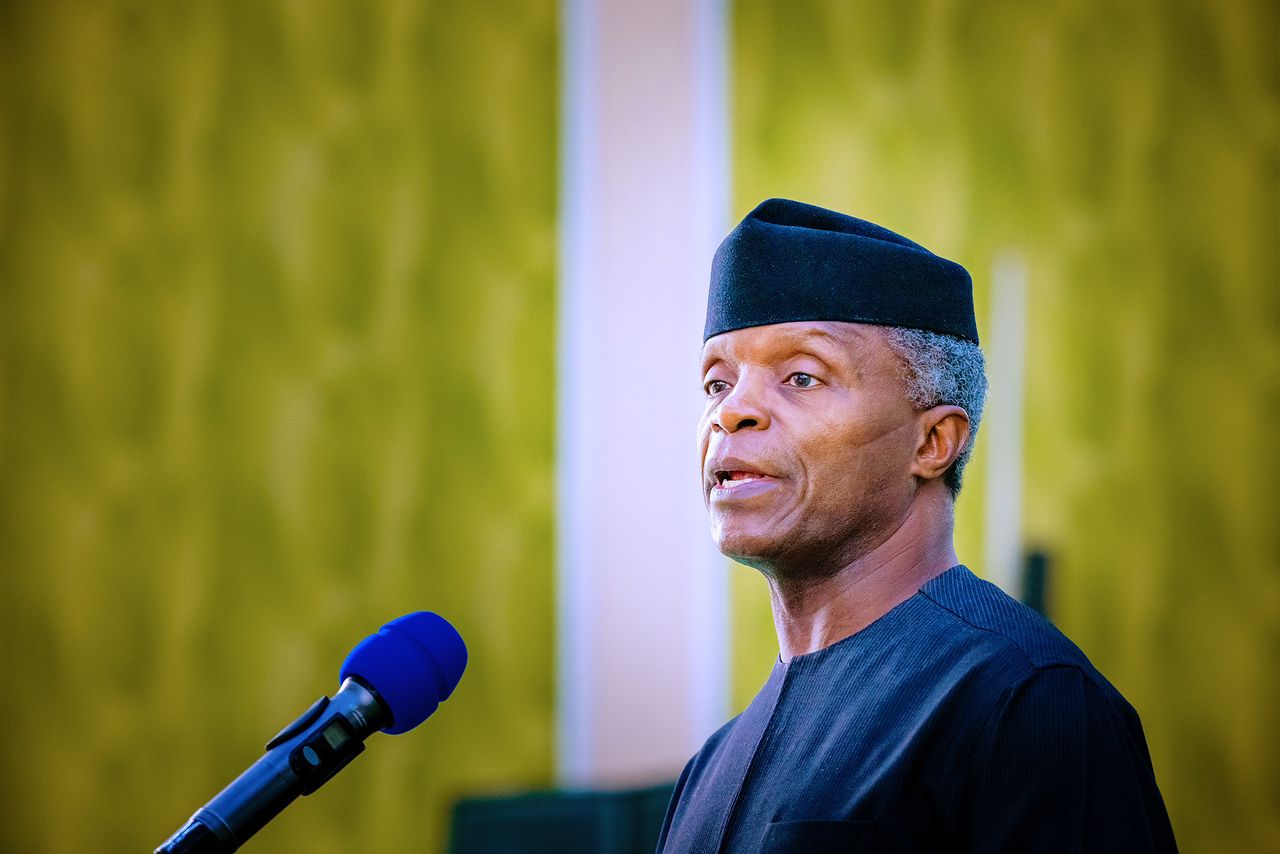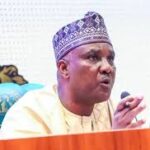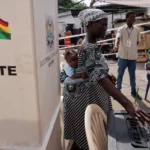Vice President Yemi Osinbajo Tuesday urged the judiciary to be wary of substituting the will of the electorate when adjudicating on election cases.
Speaking at the 53rd Nigerian Association of Law Teachers’ Annual Conference held at the Bayero University, Kano with the theme, “Democracy, law and electoral process”, the VP stressed that law must enhance and not defeat the electoral process.
- Nigerian tweeps react as singer Oxlade’s alleged sex tape surfaces online
- Lagos pastor accused of defiling worshipper inside church’s store
He made a reference to the decision of the Supreme Court in the case of APC vs Marafa where it nullified the primary elections of the APC in Zamfara State and thereby enthroned the Peoples Democratic Party in all elective positions in the state.
Osinbajo said, “There is a real issue of whether the courts have not assumed a larger duty in election cases than was constitutionally intended. In other words, are our courts going beyond the constitutional expectation in election cases?
“It is important to emphasize this because the whole idea of democracy is that it is the people who determine who their leaders will be.
“The law, electoral processes, everything must bow to the will of the people. The appropriate interpretation must always favour the will of the people.
“This means that electoral justice must not be for the candidate alone. Indeed, the principal players, the electorate, must be front and centre of judicial reflection on how to determine electoral cases.
“The judiciary must be wary of substituting their will for the will of the electorates.
“They must seek every interpretation that leaves the people with the choice of who they prefer,” he added.
Osinbajo charged the law teachers to ensure that the standard of law journals was upheld to help even judges to make better-informed decisions
“The criticism of decisions of our courts used to be standard. We had in our law journals critiques of several judgments of courts.
“Our courts will usually quote those journals if a judge wanted to give a dissenting opinion or perhaps felt the need to support his views with some scholarly interventions; they refer to our law journals.
“We must not allow the situation where our legal journals disappear completely,” he said.
On his part, Governor Abdullahi Umar Ganduje of Kano State observed that the country needed a strong institution for sustainable democracy, urging the law teachers to help come up with recommendations pertaining to reforms required in order to enshrine sustainable democracy in Nigeria.

 Join Daily Trust WhatsApp Community For Quick Access To News and Happenings Around You.
Join Daily Trust WhatsApp Community For Quick Access To News and Happenings Around You.


